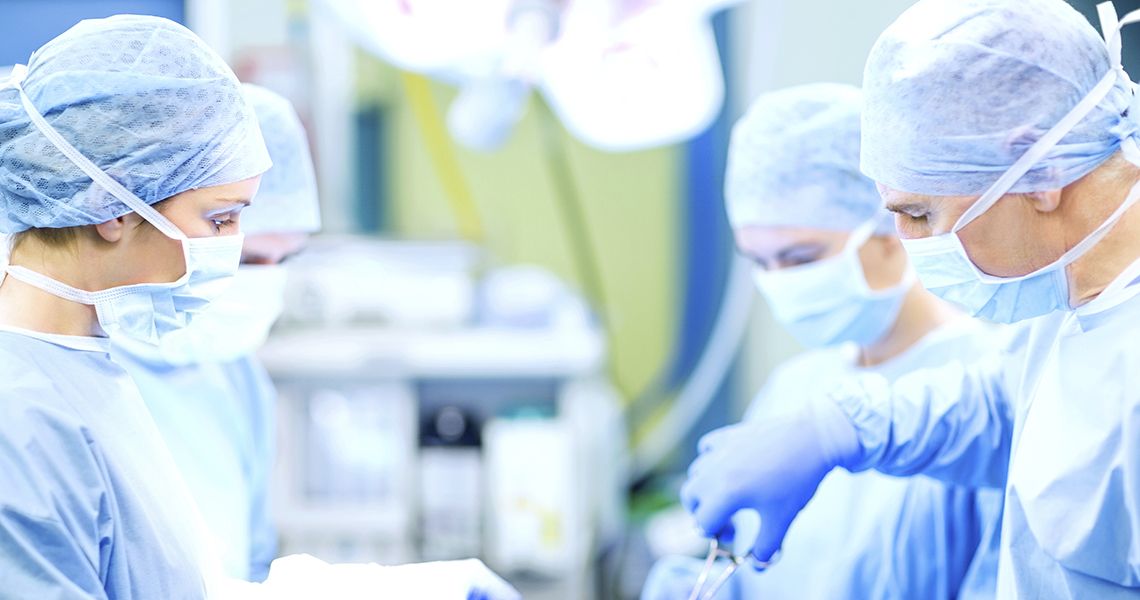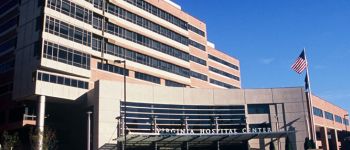General Surgery
Services We Offer & Conditions We Treat:
- Laparoscopy
- Endoscopy
- Achalasia Surgery
- Adrenal Gland Removal
- Surgical Oncology
- Abdominal Surgery
- Liver Surgery
- Pancreas Surgery
- Spleen Surgery
- Thyroid Surgery
- “Lumps and Bumps”
- Hepatobiliary Surgery
- Doctors International
Minimally-Invasive Surgery in Washington, D.C.
Minimally Invasive Surgery at the Medical Faculty Associates specializes in a variety of procedures and services and are committed to improving our patient's surgical experience through minimally invasive techniques. Minimally invasive surgery (MIS) is any surgical technique that does not require a large incision. This relatively new approach allows the patient to recuperate faster with less pain. Not all conditions are suitable for laparoscopic surgery. MIS or laparoscopic procedures offer many options for both the physician and the patient. Compared with traditional surgery, laparoscopic procedures offer the following advantages:
- Smaller Incisions resulting in Reduced Pain and Discomfort
- Minimal Scarring
- Greater Surgical Precision
- Less Trauma
- Fewer Complications
- Less Blood Loss and a Decreased need for Blood Transfusions
- Reduced Risk of Infection
- Shorter Hospital Stays
- Faster recoveries
Overview of Minimally Invasive or Laparoscopic Surgery
The MIS surgeons specialize in minimally invasive or laparoscopic surgical techniques that utilize small incisions to perform advanced gastrointestinal surgery. These incisions are typically less than one inch. Since smaller incisions are used, patients experience a faster recovery and less pain. All of the MIS surgeons are experienced with these evolving techniques. Many of the surgeons utilize emerging technologies such as robotics, state of the art imaging, and innovative equipment. All of these technologies allow the MIS staff to stay on the cutting edge of medical and surgical advances in order to provide outstanding patient care. Along with excellent clinical outcomes, the MIS staff cultivates a research environment to explore basic science and industry related products to enhance patient care in the future.
Many surgical techniques now fall under minimally invasive surgery:
- Laparoscopy - a technique that uses a tube with a light and a camera lens at the end (laparoscope) to examine organs and check for abnormalities. Laparoscopy is often used during surgery to look inside the body and avoid making large incisions. Tissue samples may also be taken for examination and testing.
- Endoscopy - a technique that uses a small, flexible tube with a light and a camera lens at the end (endoscope) to examine the inside of the digestive tract. Tissue samples from inside the digestive tract may also be taken or biopsied for examination.
Latest News
At the American College of Surgeons (ACS) Clinical Congress 2021, Anton N. Sidawy, MD, MPH, professor and Lewis B. Saltz Chair of the Department of Surgery at the George Washington University School of Medicine and Health Sciences, was elected to the position of chair of the ACS Board of Regents…




